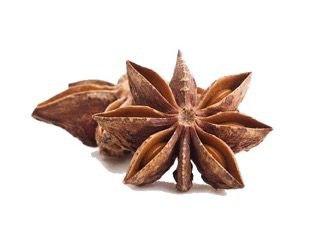

Anise can be safely consumed by dogs but should only be used occasionally and in small quantities. It has been used to treat respiratory problems in dogs, but consuming too much can make dogs hyperactive.
Anise is known for its ability to treat respiratory problems in dogs, such as cough and chest congestion.
Anise has a catnip-like effect on dogs, making them hyperactive and potentially leading to nervous system depression if consumed in large amounts. It can also negatively affect a dog’s digestive system, causing diarrhea and an upset stomach.
To give your dog anise, use small amounts and sprinkle it on top of their food. You can also bake anise seed dog treats, such as carrot or anise cookies. However, it is important to monitor your dog’s consumption and only give them anise on an occasional basis.
Anise is a herb that is commonly used in cooking and baking. It has a licorice-like flavor and aroma. Anise can be beneficial for dogs as it can help improve digestion and reduce flatulence. However, it should only be given in small amounts as too much anise can cause diarrhea and vomiting in dogs.
While anise can be beneficial for dogs in small amounts, it can also be harmful if consumed in large quantities. Anise contains compounds that can cause seizures and respiratory distress in dogs. Additionally, anise oil can be toxic to dogs and should never be used.
If a dog has ingested a large amount of anise or is showing symptoms of an allergic reaction, such as difficulty breathing or swelling, it is important to seek veterinary care immediately. In extreme cases, the dog may need to be hospitalized and treated with medication to manage symptoms.
Safer alternatives to anise include fennel and parsley, which also have digestive benefits for dogs. These herbs can be added to meals or given as treats in small amounts.
If anise is safe for your dog to eat, it can be added to homemade dog treats or sprinkled on top of their food as a flavor enhancer. However, it is important to always monitor your dog's reaction to new foods and consult with a veterinarian before making any significant changes to their diet.